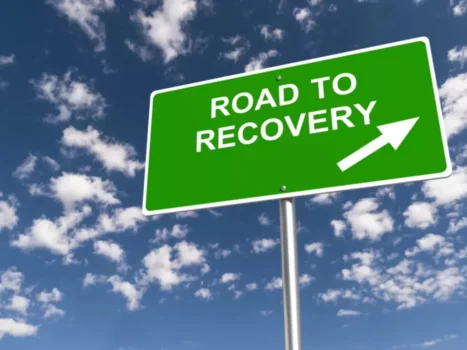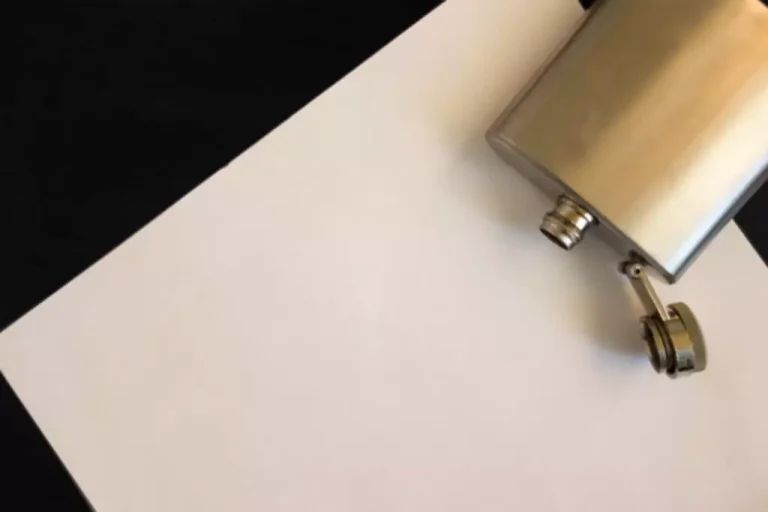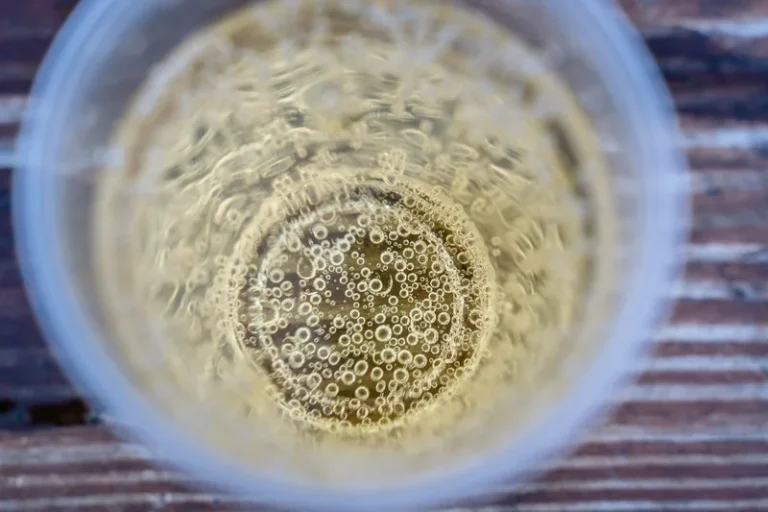
Not only does alcohol thin your blood, but long-term alcohol abuse can also increase your risk of conditions ranging from diabetes to liver disease to blood thinners and alcohol cancer. If you’re struggling to control your drinking, then you may have a more serious problem. As we mentioned earlier, thin blood can increase your risk of excessive bleeding and stroke. This can be especially dangerous for someone who’s taken blood thinners or has a heart condition. Alcohol also makes the platelets you do have especially sticky, increasing the likelihood that they’ll clump together or clot.
How Do Platelets and Your Blood Work Anyway?

As a licensed therapist, White recommends starting with a 30- to 90-day break to get a clear picture of your relationship with alcohol. “This period allows you to identify triggers and develop new coping mechanisms,” she explains. She outlines that it’s about digging into whether those triggers are emotional, tied to your environment, linked to certain exposures or even connected to certain times of the day or year.
Drop the Rock: Meaning and Significance in Addiction Recovery
If you have concerns or questions about alcohol consumption and its impact on your health, it is always recommended to seek guidance from a healthcare professional. Excessive alcohol consumption disrupts blood coagulation and increases the risk of strokes caused by hemorrhaging. When you drink alcohol heavily, it compromises the blood’s ability to clot, which can lead to increased bleeding from both internal and external injuries. This is particularly dangerous for individuals taking blood thinners, as the combination can significantly elevate the risk of severe bleeding and stroke.
What are the risks of drinking alcohol when on my medication?

The research suggests that aged garlic extract delivered the most benefits, though results were achieved with all formulations involved. In most cases, higher doses consisting of 400 to 2,400 mg daily provided the best results. Cutting back or quitting alcohol has been shown to lower blood pressure.

He is a Fellow of the American College of Cardiology (FACC) and American board-certified in general cardiology, echocardiography, and stress-testing, and nuclear cardiology. Lastly, he obtained graduate education in public health and business administration to contribute to national healthcare reform research and implementation. According to research, moderate consumption of alcohol has been found to cause a small increase in your HDL (good) cholesterol. I’ve spent the last seven years researching and understanding alcoholism, addiction, and how people get sober. Additionally, I examine the way mental and physical health as well as our relationships with others impact the reasons people drink and their role in maintaining sobriety long-term.

Alcohol Instead of Blood Thinners?
Having more than 3 alcoholic drinks in a sitting can cause a temporary rise. This is because alcohol stimulates the nervous system, which increases the heart rate and narrows blood vessels, leading to a short term rise in blood pressure. For decades, alcohol was sold as a social aid, a stress reliever and even a heart-health enhancer, often praised in the Mediterranean diet for its supposed benefits when enjoyed as a daily glass of wine. “Today, the conversation is shifting, thanks to mounting evidence showing alcohol’s direct link to cancer, liver disease and even mental health problems. While alcohol may have a deep cultural legacy, it doesn’t get a free pass when it comes to our health,” Andrew asserts. Doctors warn people who are taking Aggrenox to moderate their alcohol consumption.
Are non-alcoholic drinks healthy?
- It will intensify the blood thinner’s effects and will make it difficult to clot if you injure yourself.
- Seeking help from a rehab can provide a safe and supportive environment for addressing both addiction and mental health issues, improving overall health and quality of life.
- People vary in their response to alcohol due to factors such as genetics, body weight, metabolism, and overall health.
She notes that alcohol is a depressant, and our body produces cortisol and adrenaline to counteract its effects. This means that as you sip to find relief from anxiety, you are actually reinforcing a loop that keeps you tethered to the emotions you’re trying to outrun. White shares that drinking to cope marijuana addiction with negative emotions is one of the strongest predictors of developing alcohol use disorder. Every glass chips away at your brain’s natural ability to manage those feelings.
- Both alcohol and blood thinners like Coumadin can thin your blood, so taking them together may increase their anticoagulant effects to the point where it increases your risk of hemorrhaging or bleeding.
- Calls to our general hotline may be answered by California Rehab Campus, Day Light Recovery Florida, Banyan Treatment Center, US Addiction Services, Recovery Helpline, or other treatment providers.
- Alcohol contains empty calories, and when a person drinks, they may replace nutrients with alcohol.
- Often those who come to treatment with high blood pressure return to normal levels within a month of not drinking.
- Some studies suggest that moderate alcohol consumption may have some health benefits, such as reducing the risk of heart disease.
Even if you have a normally functioning liver and kidneys, alcohol can limit your liver’s ability to metabolize other compounds. It depends on a few factors, like how long and how much you drink, your health, and the quality of your diet. People can speak to their doctor if they think they or someone they know may have AUD. Additionally, the National Institute on Alcohol Abuse and Alcoholism (NIAAA) offers guidance on finding treatment and support for AUD. Alcohol might also slow down the rate at which your body breaks down and removes the blood-thinning drug.
- However, it’s not a viable alternative to prescribed blood thinners.
- Any amount of alcohol that exceeds the daily limits of “moderate drinking” is considered heavy drinking, which brings additional health risks.
- “This period allows you to identify triggers and develop new coping mechanisms,” she explains.
- This process makes the platelets less sticky and less likely to form blood clots.
Why Can’t I Stop Drinking Once I Start? 4 Major Reasons
A 2017 review explains that alcohol consumption has complex and varying effects on platelets, which are small blood cells that initiate the coagulation cascade, causing blood to clot. Long-term alcohol use also can lead to an increased risk of developing arrhythmias, which are irregular heartbeats, as well as cardiomyopathy, a stretching or drooping of the heart. When structural changes take place, it affects how well the blood pumps blood throughout the rest of the body. Hip or knee replacement increases the risk of clots forming in veins of the leg. Blood thinners may be given for a short period to patients recovering from these procedures, often before they can get up and walk around.